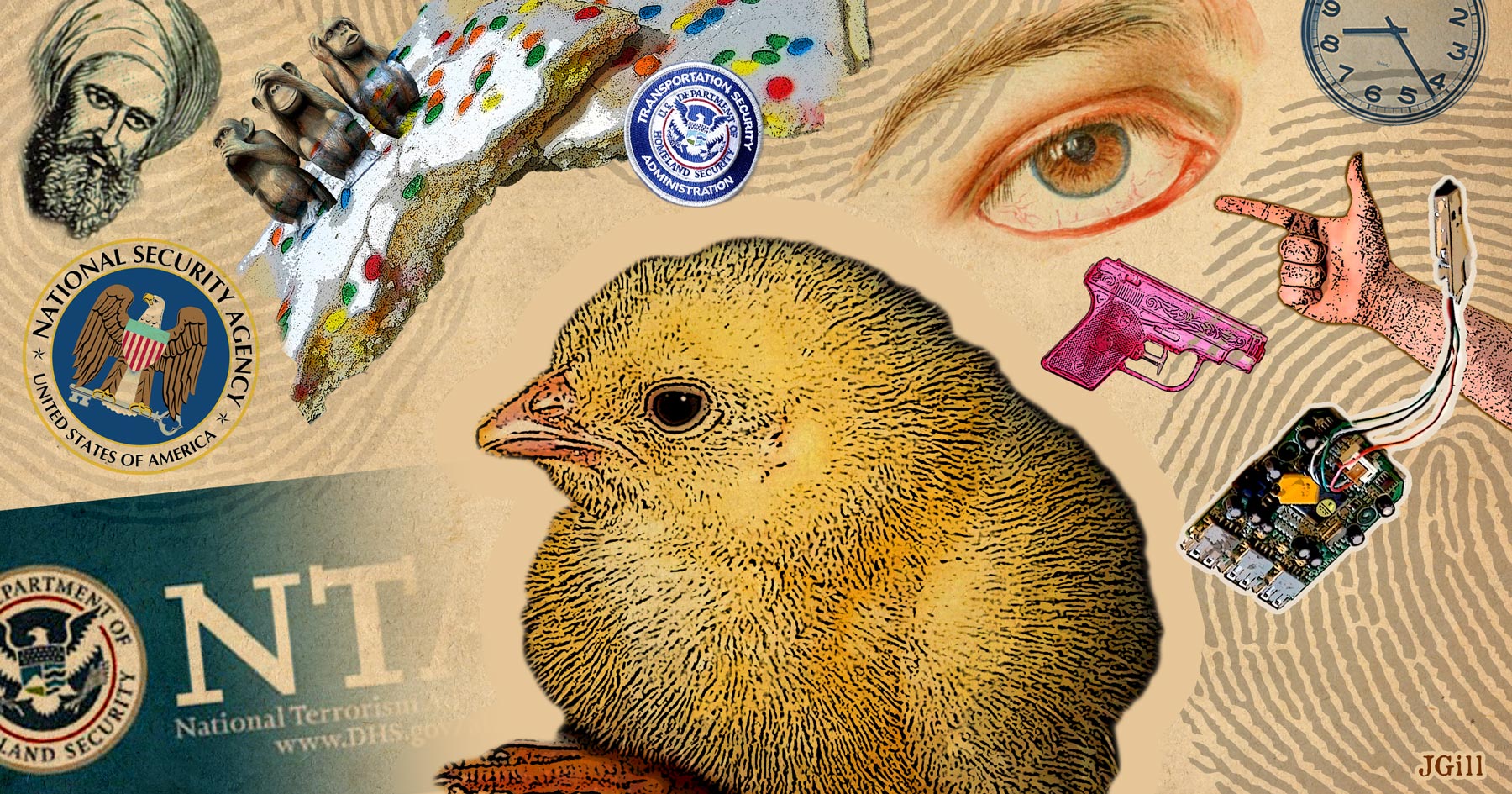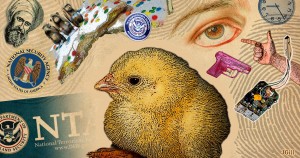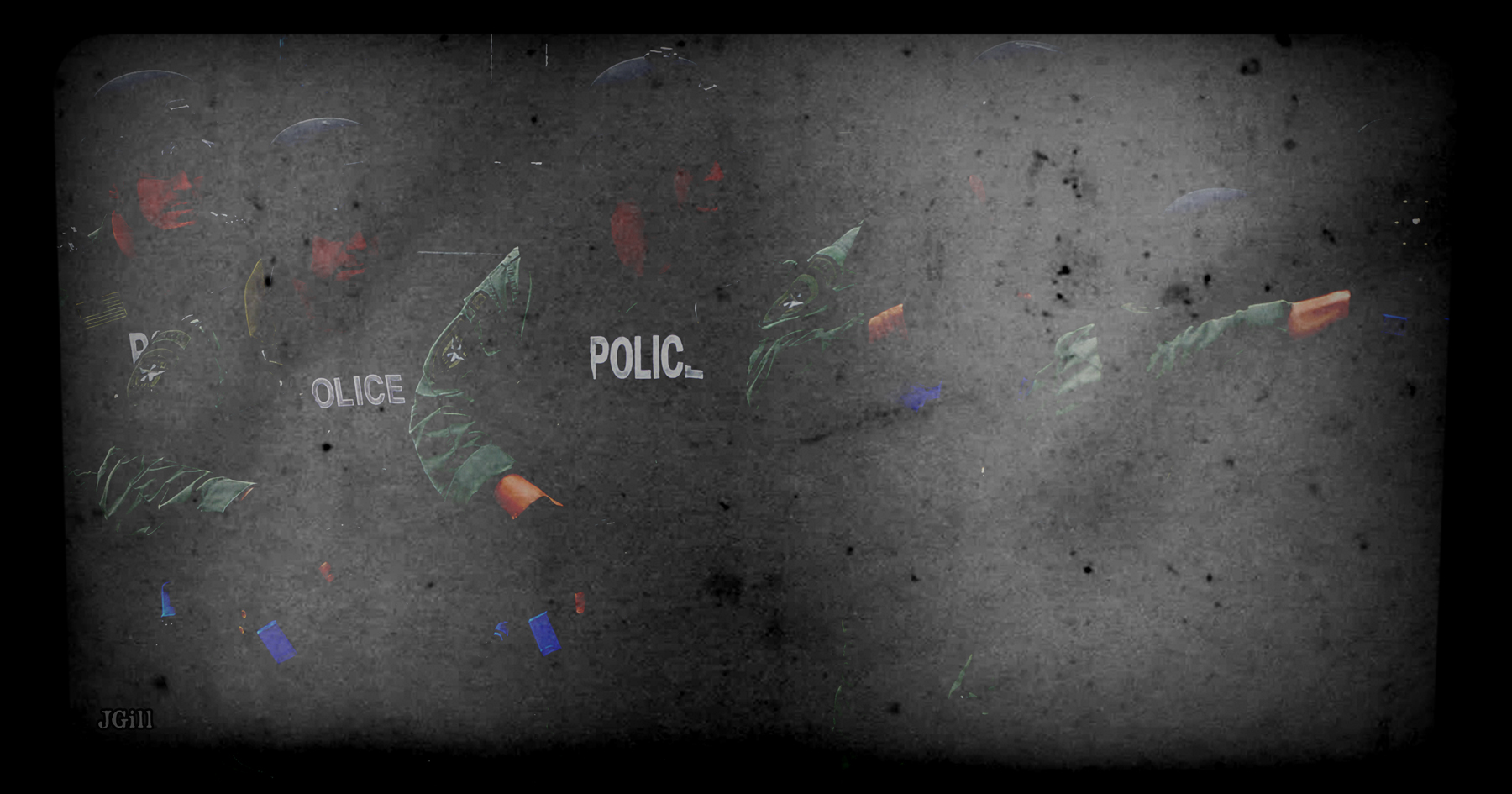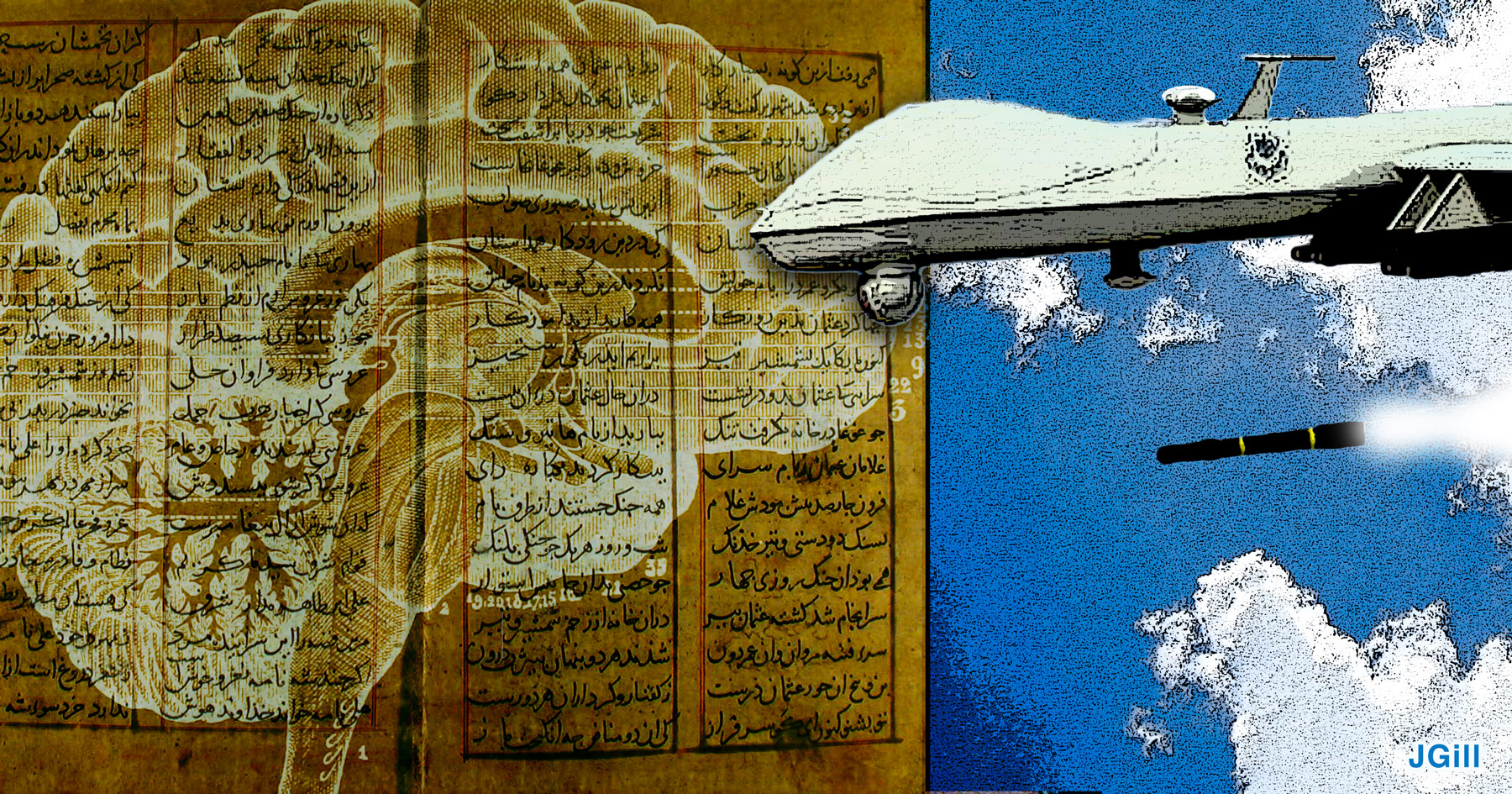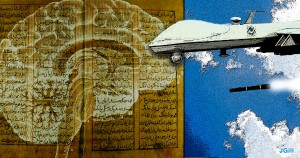Many people think crime is going up. But it’s going down.
Similarly, many people think terrorism is “an existential threat” to our very civilization.
Could the latter folks be wrong for the same reason the former folks are?
Because news reporting concentrates on crime, covering it intensely, incessantly — if it bleeds, it leads — we get the wrong perspective on crime. The long-term trend-line shows crime going down since the early 1990s. Though we’re now seeing upticks in certain big cities, it’s simply not all getting worse.
This is not a reason to slack off. It is a reason not to panic.
How is terrorism different?
In 15 years, there has been no repeat of 9/11/01, or anything close to it. Granted, there have been horrific homegrown terror incidents. That threat remains. Though, thankfully, last weekend’s terrorist spree wasn’t more effective: One bomb fizzled, another killed no one, and the mad jihadist knifer was himself put down before anyone was killed.
Some might note that the number of deaths as a result of automobile crashes* is far, far higher than from terrorism. Why worry more about the very small number of terrorist outbreaks in a huge country like ours?
Here’s why: the terrorism is intentional, and could become worse for whatever reasons flip normal Muslim men and women into jihadist radicals. So our vigilance must not abate.
But there’s another difference. Terrorists, unlike normal criminals, want to be noticed. The more we panic, the more they are tempted to seek to cause us to panic.
Terrorism, whether going up or down, requires, along with vigilance, a certain resolute calmness.
This is Common Sense. I’m Paul Jacob.
* Deaths from automobile accidents have been decreasing for decades, a 35 percent drop from 1979 to 2005. However, last year the U.S. had the “highest one-year percentage increase in traffic deaths in half a century.”




